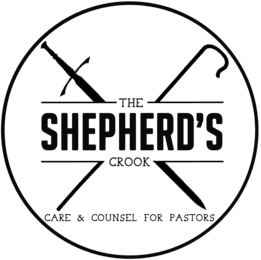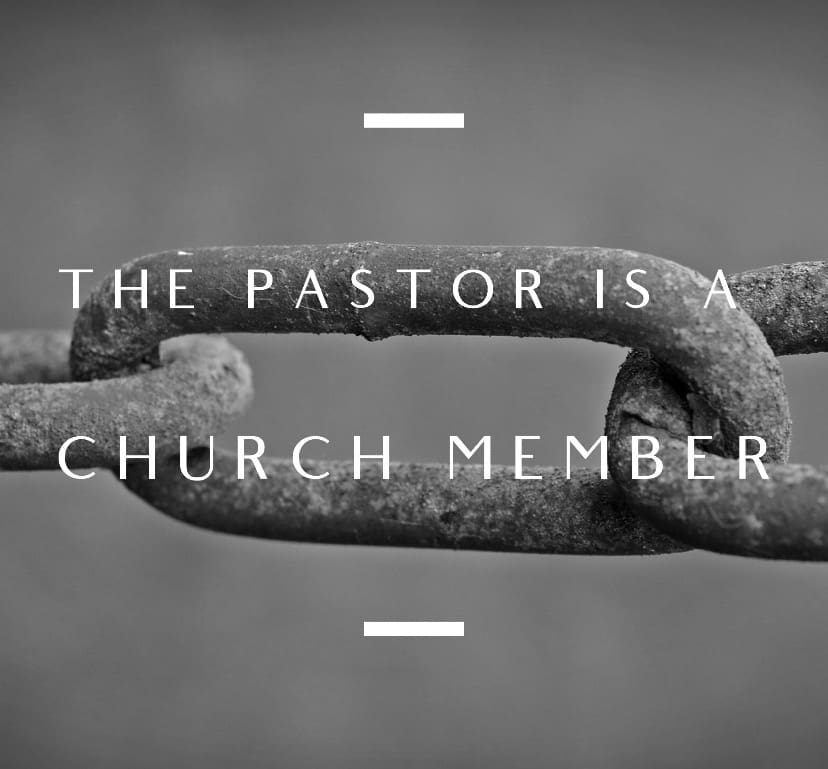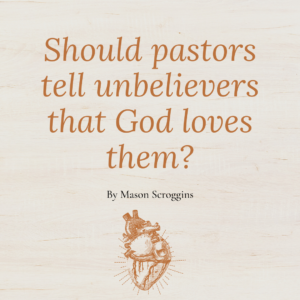“I rejoiced in the Lord greatly that now at length you have revived your concern for me. You were indeed concerned for me…Yet it was kind of you to share my trouble. And you Philippians yourselves know that in the beginning of the gospel, when I left Macedonia, no church entered into partnership with me in giving and receiving, except you only. Even in Thessalonica you sent help for my needs once and again.” – Philippians 4:10,14-16
One of the greatest gifts a congregation can give to a pastor is allowing him and his family to be members of the church. That’s right. The pastor and his family are church members. Too many pastors have been crushed by the weight of a congregation unable to see the sheep inside the under-shepherd. And too many congregations have been robbed by pastors who refuse to see themselves as sheep.
It’s an all too common story. Laughter fills the room, then the pastor walks in. One group shifts conversation from who got voted off The Bachelor to Fixer Upper or Tim Tebow. The group with nothing to talk about starts talking about a mission opportunity the pastor should lead. The statesman church member silently judges the attire of the pastor and his family. At small-group, the pastor wonders why he is the only one with problems. Everyone else seems to be doing great, so he falls in line.
Let’s back up a bit. Problems like this don’t start with the congregation. They begin with a pastor who embraces a false identity. He has placed his identity is in his calling and responsibilities. Therefore, he feels the pressure of everything and everyone in the church all the time. Who is talking to who? Is anyone feeling left out? Should I connect this person with that person? I wonder if their marriage is doing any better? Why aren’t they in small-group yet? Identity. He views himself exclusively as a shepherd. He is blind to the sheep within. He also happens to be blind to the Chief Shepherd and the congregation follows suit.
It is imperative – the pastor must have an identity in Christ if he is to embrace being a shepherd and a sheep. Pastor Paul does this well. The characteristics of the Philippian church reflect this truth about him. The Macedonian churches were taken care of by Paul and they, in turn, gave back. Paul lived as a shepherd and a sheep.
Paul received shepherd-like care from his churches. This is crucial. A pastor gets to model the art of receiving care – what a novel idea! Paul was a fellow sheep in need of the Chief Shepherd and other under-shepherds, in this case, church members.
One of the greatest delights in my life is being a member of Christ Church Carbondale. The members of our church allow me and my family to be sheep alongside with them. They care for us! We are seen. We are loved, not consumed. Our ability to be human is made possible with them. For the first time in my life, I am experiencing what it means to be a pastor and a sheep.
Pastor, I want to invite you into this kind of existence. Jesus is the savior of the sheep, not you. Shepherd your people well by letting them shepherd you.
Likewise, church members, an invitation comes to you. You’re invited to stop treating your pastor/pastors as Jesus. They cannot, as Zack Eswine says, “know everything, fix everyone, and be everywhere.” Instead, love them and shepherd them well. Point them to Christ! He is what every sheep ultimately needs.





